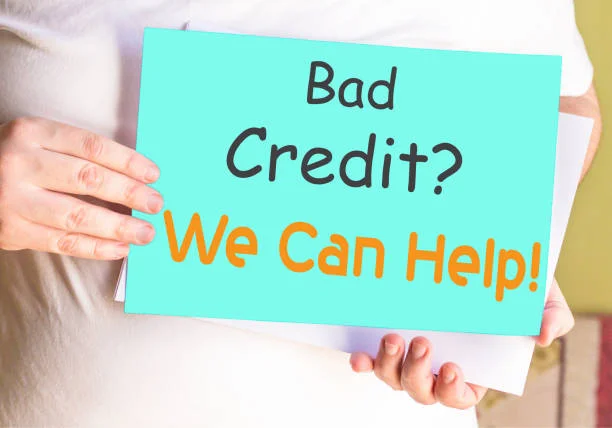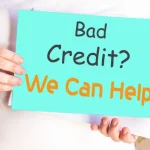Bank loan approval typically requires applicants to have a strong credit history, a high FICO score, and two years of proof of consistent income Loans You Can Get With Bad Credit.
Borrowers with credit scores in the 500 range or below often struggle to meet banks’ strict standards, leaving many uncertain about where to obtain financing.
Fortunately, numerous financing options are available to individuals with poor credit and an unsatisfactory financial history.
Borrowers can turn to the following four alternative financing options as their best bet when banks say no.
Dive deeper into topics that connect to your current interest.
1. Bridge Loans
Bridge loans, otherwise known as hard money loans or private money loans, are short-term, collateral-based loans usually secured by real estate.
These types of loans are typically funded by private individuals, small companies, or family and friends.
If you own a piece of real estate, you may qualify for a bridge loan using a cash-out refinance loan, as long as there is sufficient equity in your property.
While exemplary marks in factors such as FICO score, income, and employment history are requirements for traditional bank loans, they are mere secondary notions when it comes to private money loan approval.
Bridge lenders, like California’s Crescent Lenders, require borrowers to have sufficient equity in a property and a sound exit strategy for repaying the loan before providing financing.
These loans typically range from 6 to 24 months, have interest rates in the range of 8% to 15% and can be funded in as little as 5 to 7 days.
They are ideal for real estate investors doing fix-&-flips, needing gap funding, or having an urgent investment opportunity.
For borrowers considering a hard money loan, it is essential to have a way out of the loan, whether that be selling the property or refinancing into a traditional bank loan down the line.
2. Secured Personal Loans
Secured personal loans require borrowers to use collateral in the form of a hard asset, typically real estate, cars, boats, jewelry, stocks, or bonds, among others.
These types of loans are ideal for individuals who own valuable assets and require cash but don’t want to sell items like family heirlooms.
Unlike unsecured personal loans, which have very high interest rates, secured loans are easier to obtain because the lender has a way of recovering their money by selling the collateral if the debt obligations are not met.
Missed payments could result in late fees and penalties, as well as repossession of a car or foreclosure of a home, for example.
3. Credit Union Loans
Credit unions are member-owned, non-profit financial institutions that offer many of the same services and loans as traditional banks but with more flexible terms.
These institutions allow borrowers with poor credit, but stable income, to obtain a variety of loans, including auto loans, home loans, and credit-builder loans.
Even with poor credit, you may still qualify if you have a stable income and a strong relationship with your credit union members.
A downside to a credit union is that it tends to offer smaller loan amounts, and the approval processing time is generally longer than other options.
4. Peer-to-Peer (P2P) Loans
Peer-to-peer loans connect borrowers with investors (or a group of investors) online who are willing to lend money.
These platforms act as middlemen; they vet applications, assign risk grades, and manage payments.
They often consider more than just your credit score — such as your job history and personal story.
This solution is best suited for borrowers who are comfortable using online platforms and willing to share their financial information online with strangers.
While rates can be competitive for well-qualified applicants, borrowers with poor credit should be prepared for higher interest charges.
On the upside, P2P loans can provide access to funds when traditional banks decline, making them a potential lifeline for those rebuilding their credit or consolidating debt.
The Bottom Line
Bad credit doesn’t mean you have no credit. From secured personal loans and credit unions to private bridge lenders, there are multiple ways to access funds when your credit history isn’t ideal. The key is to carefully weigh the costs, risks, and repayment terms before making a commitment.
By exploring all your options and choosing the right loan for your situation, you can get the financing you need — and even use it as a stepping stone toward rebuilding your credit.
Expand your knowledge with stories crafted to spark curiosity.







